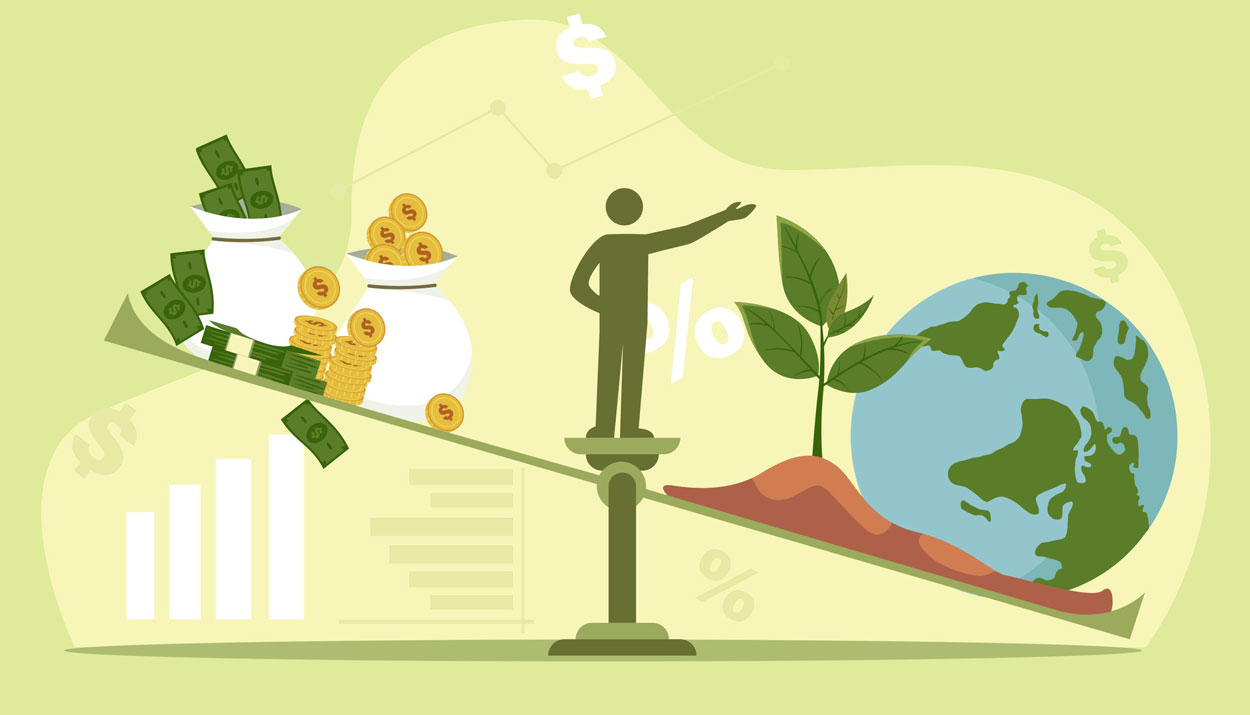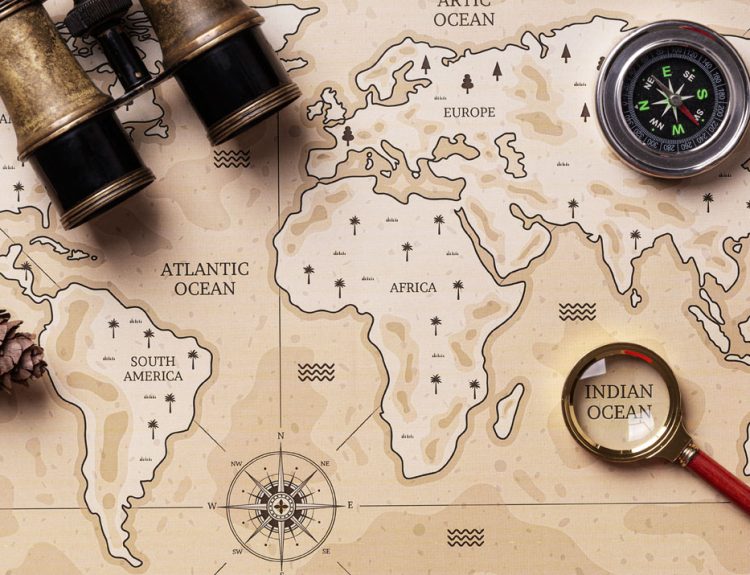Nowadays global food consumption is on the rise, the world population is expected to reach 9.5 billion by 2050, and resources which mean more importation will take place which also lead to more pollution causing damages to the corals, and marine life. But luckily people are becoming more sensitive and more responsible towards protecting and preserving our environment. Therefore adapting sustainable trade practices could be the first step towards a healthier environment.
Before going in depth on this subject let me give you a definition of sustainable trade practices- Sustainable trade practices refers to methods, and policies that international Commerce and SIDS ( small island development states) put in practices to ensure economic growth, and minimize negative social, and environmental impacts.
According to an article released by unep international trade represents 25% of global gross domestic product (GDP) and is considered as a factor that contributes to the planetary crisis.
Mauritius, like many countries who decided to implement sustainable trade practices, faced challenges. For years Mauritius has been relying on traditional industries such as sugarcane, textiles, and tourism. If they change their focus and find new sectors to develop and invest in, it will benefit the island. They could experience some difficulty in gaining access in foreign market since competition is high and these businesses will sell goods that have an added value.
Mauritius has a “Made in Moris” certification that helps people to buy products such as: Crafts, T-shirts, jewelries, and other goods that are made locally by artisans or businesses that encourage people to support their local economy instead of buying.
branded products. They also have a scheme to support small and medium enterprises (sme’s), it can be in the form of financial support or stage, where emerging businesses will gain knowledge and expertise on how to manage their businesses.
Moreover, the ministry implemented the switch Africa green project. Its goal is to support and encourage the growth of green businesses and eco-entrepreneurship by encouraging sustainable production by MSME’s and SMEs. Planters who follow sustainable agricultural methods will gain a sustainable certification. Through this programme planters have benefitted from capacity of building and training.
To sum up, sustainable practices will benefit the island in many ways, it will encourage people to be more responsible, and educated towards the environment, economy, and social life. It will boost the Mauritian economy since money will remain in the country diminishing the impact of import leakage, and create more development and employment for its citizens since more jobs will be created. By investing in sustainable trade practices we ensure that the next generation will enjoy a better future with green areas, and less pollution.








